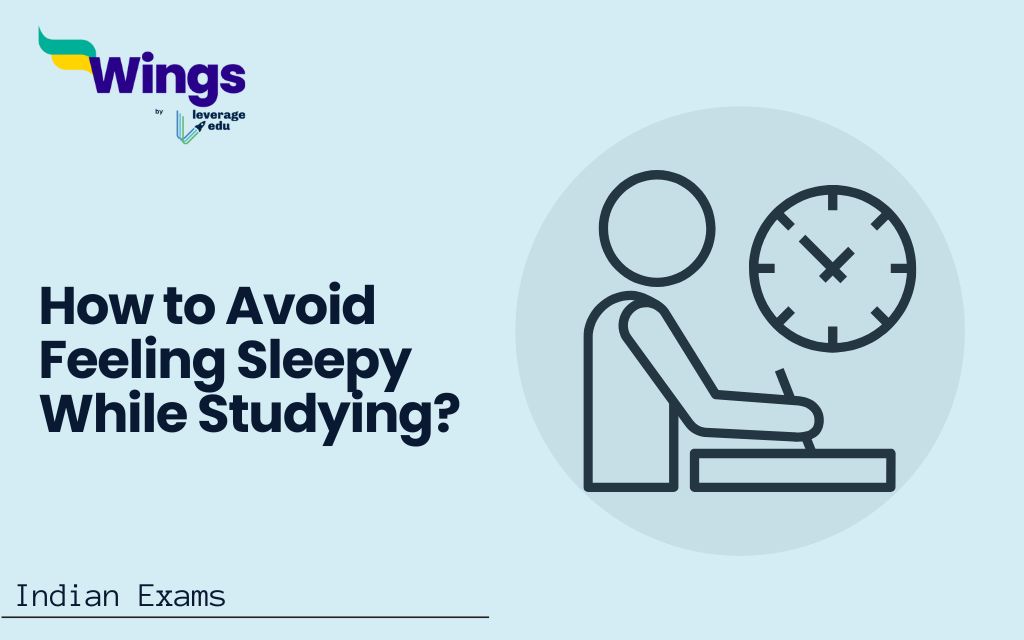Studies show sleep deprivation hurts your ability to learn and remember. Striking a balance between focus and sleep is important. Schedule regular study sessions throughout the week, and break them down into manageable chunks with short breaks . Choose a brightly lit study space and stay away from phone distractions. Prioritizing quality sleep is an investment in your brainpower and overall well-being. This way, you can perform well in your studies without sacrificing your health.Read this article on :how to avoid feeling sleepy while studying to learn more about how to be more effective in studying.
Why is Sleep Important for Students ?
For better academic performance, increased concentration, and the ability to stay focused, students should get the recommended amount of sleep each night. Insufficient sleep in children and teenagers increases their risk of obesity, type 2 diabetes, poor mental health, and injuries, among other health issues.Sleep is important for variety of reasons listed below:
- Sleep, especially deep sleep, helps solidify new information in your brain.
- Lack of sleep hurts your ability to focus, solve problems, and think creatively – all important for learning.
- Pulling all-nighters might seem productive, but sleep deprivation can overload your brain and make it harder to learn.
- Not enough sleep can make you stressed and anxious, making learning even more challenging.
- Focus on studying during your peak energy times, but prioritize getting enough sleep for optimal learning and well-being.
- By combining good sleep hygiene with effective study habits, you can maximize your learning potential and stay healthy.
Must Read: What is the Pomodoro Technique for Studying?
Tips to Avoid Feeling Sleepy While Studying
Studying can be a real test, but don’t worry, there are ways to outsmart those fears and score well in that exam.
- Our bodies were built to move.Sitting for hours on end can make you feel sluggish, so take short breaks every 30-50 minutes. Take a walk around the block or do some jumping jacks. Not only will this help you stay awake, but it might also help you remember what you studied better. Science says so.
- Dim lights might be comfortable, but they’ll also make you drowsy. Turn up the brightness!If it’s nighttime, don’t rely on just a desk lamp.
- Slouching might feel comfy, but it’s not doing your focus any favors. Sitting upright activates the part of your nervous system that controls alertness, while lying down is more like saying “hello” to dreamland.
- Your bed is for sleeping, not cramming for exams. Studying in your bedroom can confuse your brain, making it hard to stay awake and focus. Find a bright, well-lit spot like a library, coffee shop, or a quiet corner of your house (away from the bed!).
- Dehydration can make you feel tired and foggy. Don’t let thirst win! Keep a water bottle handy and sip throughout your study session. Aim for about half a gallon a day, but adjust based on your activity level and climate.
- Sugary snacks and greasy fries might seem tempting, but they’ll give you a sugar rush followed by a crash, leaving you feeling drained. Smart snacking is key. Choose healthy foods that provide sustained energy, like fruits, veggies, nuts, yogurt, and lean protein.
- Don’t just passively re-read your notes. Try active learning techniques like summarizing information in charts or diagrams, teaching the material to a friend , or creating your own practice problems.
- Studying with a friend or group can be a lifesaver. Talking about the material with others helps you understand it better and can keep you motivated and accountable. Plus, it’s way more fun than studying alone!
- When you’re sleep-deprived, it’s tough to focus and remember things. Aim for 7-8 hours of quality sleep each night.
FAQs
Take short breaks, stay hydrated, snack on fruits or nuts, and ensure a well-lit, comfortable study environment.
Use active studying techniques like summarizing, teaching aloud, or changing study locations periodically to maintain focus.
Lack of sleep, poor diet, and stagnant studying can cause drowsiness. Balance rest, nutrition, and study methods.
This was all about the “How To Prepare For Exams In A Week?Table”. For more such informative blogs, check out our Study Material Section, or you can learn more about us by visiting our Indian exams page.


 One app for all your study abroad needs
One app for all your study abroad needs












 60,000+ students trusted us with their dreams. Take the first step today!
60,000+ students trusted us with their dreams. Take the first step today!